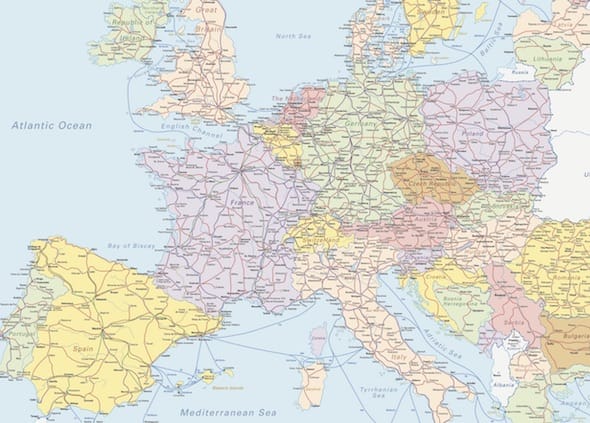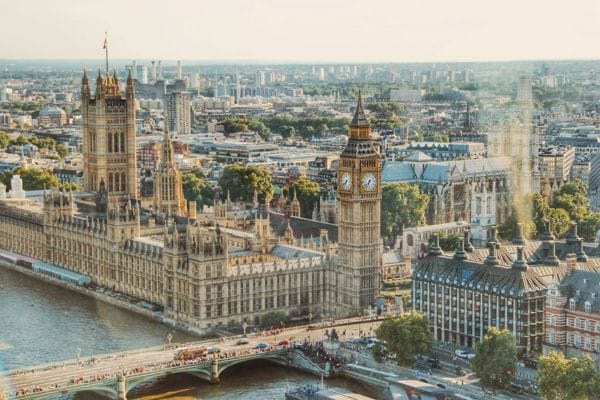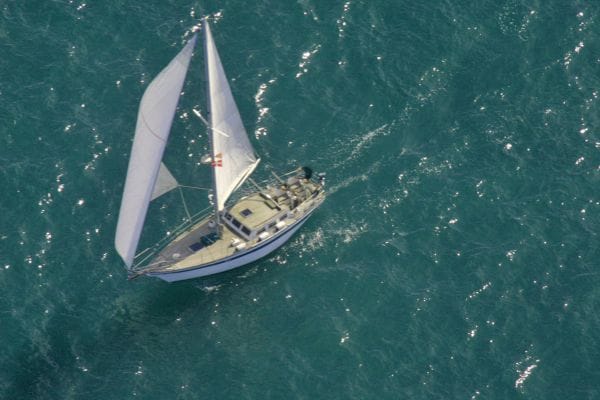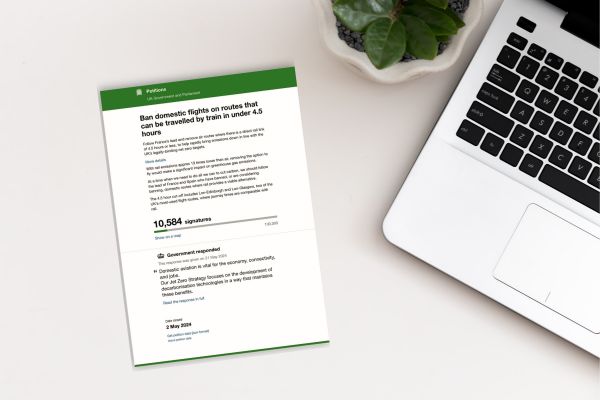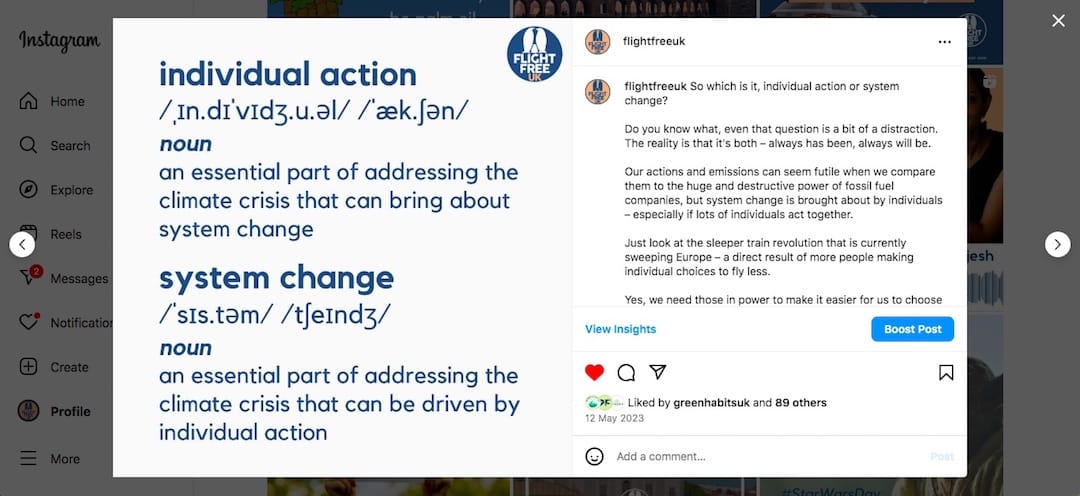
The question of whether individual action or system change is more important is a common one when it comes to discussions on climate action.
Some people think it’s wrong to focus on individuals, and that only big system changes can make any difference.
Others say that individuals changing their behaviour can force system change.
Both of these are true.
System-level changes help consumers make low-carbon choices
There are many things that need to change at system level to reduce aviation emissions. Things such as halting airport expansion, taxing aviation fuel and frequent flyers, adding carbon information to flight tickets, banning advertising, and cutting domestic routes where there’s a good rail alternative.
This mixture of taxation and regulation would remove aviation’s financial advantage, make travellers better-informed, and remove the option to fly in some scenarios, all of which would encourage fewer flights to be taken.
At the same time, measures such as cheaper trains, a more straight-forward booking system, and more frequent and faster routes would incentivise people to take low-carbon transport.
There’s no doubt that we need these measures if people are to move en-masse away from flying as a transport choice – that’s where systemic changes are vital.
Individual changes influence government and industry
However, there is more than one way to change the system. We can get politicians’ attention through writing petitions, attending marches, voting, or sitting down in a road.
But we can also get it through the actions and choices we take as individuals. Politics is driven by, among other things, policies popular with voters. If voters show that they want climate-friendly travel, politicians are more likely to put measures in place to support it.
Similarly, industry looks at our buying habits to see where gaps exist in the market. As more people choose not to fly, industry responds, with the UK’s first flight-free travel platform launching in 2020, and an increasing number of train routes opening across Europe in recent years.
These systemic changes come as a result of individuals (in some cases, many individuals) making individual choices. As consumers and voters, we hold a huge amount of power.
The power of you as a consumer
Buying an airline ticket feeds into an existing system. If we continue to fly, we continue to be part of the system. No matter how we feel about that flight, or if we know about the emissions, we are supporting the industry by buying that ticket.
Not flying says, I’m not ok with this. That choice makes a small but meaningful reduction in emissions, but its biggest effect comes with influencing behaviour of those with the power to change things, and of those around us. We all have a ripple effect.
We can’t always change the system but we can change how we travel. Not flying is something that we can actively do about the climate crisis. While we can argue that our one action doesn't make a difference, our one action is sometimes all we have.
Individual action and system change are heavily intertwined. It is never one or the other – it is always both.
Individual action can lead to system change, and system change can influence us as individuals. Putting structures in place enables us to make climate friendly choices, and we can demand those structures by showing with our actions the kinds of changes we want to see.
